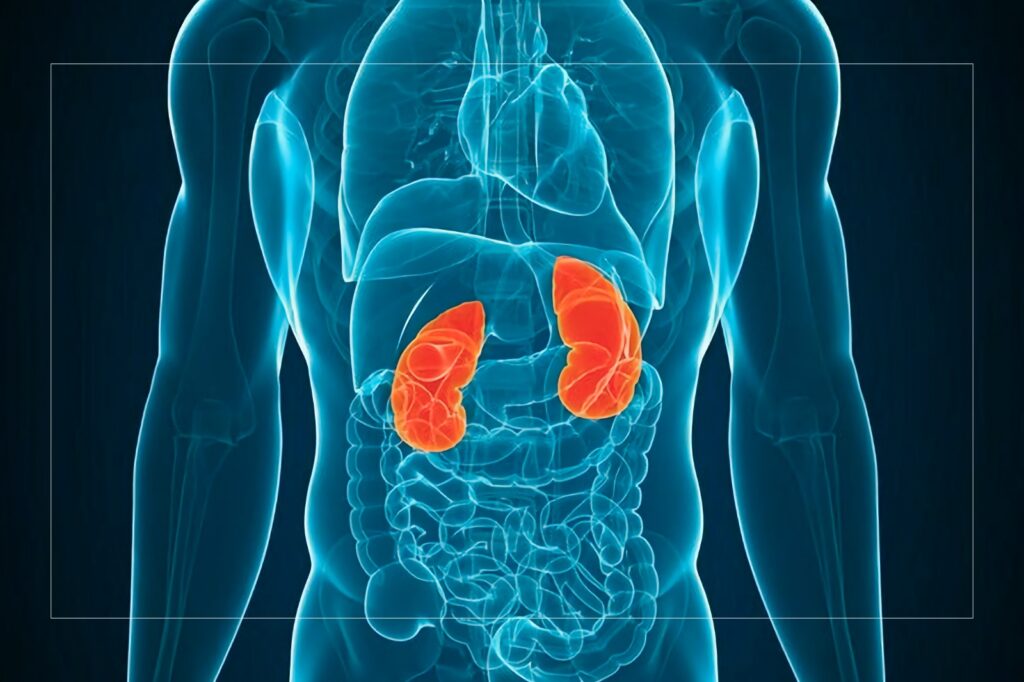
A new study published in The Lancet Regional Health – Southeast Asia has highlighted that ABO blood group incompatibility is the leading factor behind kidney exchange transplants in India.
ABO incompatibility occurs when a donor’s blood group differs from that of a recipient, leading the recipient’s immune system to reject the transplanted organ.
The study, led by researchers from the Smt. G R Doshi and Smt. K M Mehta Institute of Kidney Diseases and Research Center (IKDRC) in Ahmedabad, found that nearly one-third of willing living donors in India are blood group incompatible with their intended recipients. This mismatch prompts many patients to opt for kidney exchange transplants, where two or more donor-recipient pairs swap organs to achieve compatible matches.
Also Read | Chronic illness hits Indian employees younger: Report
The study analysed 1,839 kidney exchanges from 65 centres across India, revealing that ABO incompatibility was the main reason for entering such exchanges in 1,610 (87 per cent) of the cases.
The remaining exchanges were due to compatible pairs 126 (seven per cent) and sensitisation 103 (six per cent), according to the authors of the study.
The report also found a clear gender imbalance—82% of kidney recipients were men, while 80% of donors were women.
The researchers also looked at 259 liver exchange transplants in seven centres across India. “The majority of (liver exchange transplants) were 2-way swaps (125 two-way versus 3 three-way swaps), predominately involving male recipients (222 males versus 37 females) and for ABO incompatibility,” the authors wrote.
The authors pointed out that there must be improved data on kidney and liver exchange transplants in low- and middle-income countries.








